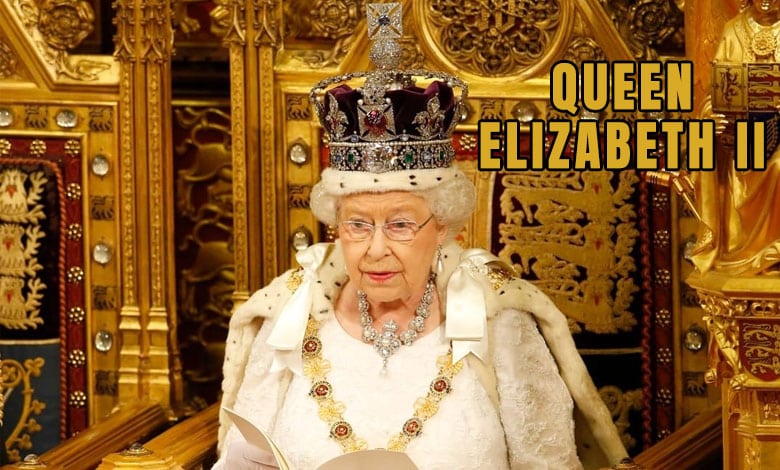Queen Elizabeth II Believed All Israelis Were Either Terrorists or Sons of Terrorists
A recent statement by former Israeli President Reuven Rivlin has cast light on the historically frosty relationship between the late Queen Elizabeth II and Israel.

London: A recent statement by former Israeli President Reuven Rivlin has cast light on the historically frosty relationship between the late Queen Elizabeth II and Israel. Speaking at a gala in London commemorating the centenary of Haifa’s Technion Institute of Technology, Rivlin claimed that Queen Elizabeth harbored a belief that all Israelis were “either terrorists or the sons of terrorists.”
The remarks have sparked widespread reactions, with many reflecting on the Queen’s decades-long tenure and her perceived distance from Israeli officials. According to Rivlin, this sentiment contributed to the strained ties between the British monarchy and the Jewish state. He highlighted that during her 70 years on the throne, the Queen consistently declined to host Israeli leaders at Buckingham Palace, except during international gatherings.
“She never paid an official visit to Israel,” Rivlin noted, contrasting her approach with that of King Charles III, who he described as “always so friendly.”
Historically, the Queen maintained cordial relationships with Jewish community leaders and Israeli figures but avoided direct engagement with Israel as a state. In 1984, she visited neighboring Jordan, holding discussions with King Hussein I. However, her decision to bypass Israel was often interpreted as a subtle nod to Britain’s complex history with the region, including the 1946 bombing of the King David Hotel in Jerusalem by the Zionist paramilitary group Irgun. The attack, which killed 91 people, including many British officials, is frequently cited as a pivotal event shaping the UK-Israel relationship.
Also Read: Elon Musk Warns Republicans Against Opposing Trump or His Plans
Royal visits to Israel remained rare during her reign. Prince William broke this trend in 2018, attending a controversial Israeli Independence Day event. His visit was met with mixed reactions, as many Palestinians and activists criticized it for implicitly endorsing the Israeli occupation.
Rivlin’s comments have reignited discussions on the late Queen’s views and the broader relationship between the British monarchy and Israel. Some have praised her for not overlooking the violent origins of the state, while others have questioned whether her position reflected an implicit bias against modern Israel.
The timing of Rivlin’s statement is particularly notable, as it comes amid Israel’s ongoing war in Gaza. The conflict, which began on October 7, 2023, has resulted in over 44,000 deaths and widespread destruction. The humanitarian crisis in Gaza has further fueled global debate about the region’s enduring tensions and the international community’s response.
While Queen Elizabeth is remembered for her diplomatic tact and measured approach, Rivlin’s revelations add a new dimension to understanding the complexities of her interactions—or lack thereof—with Israel.
